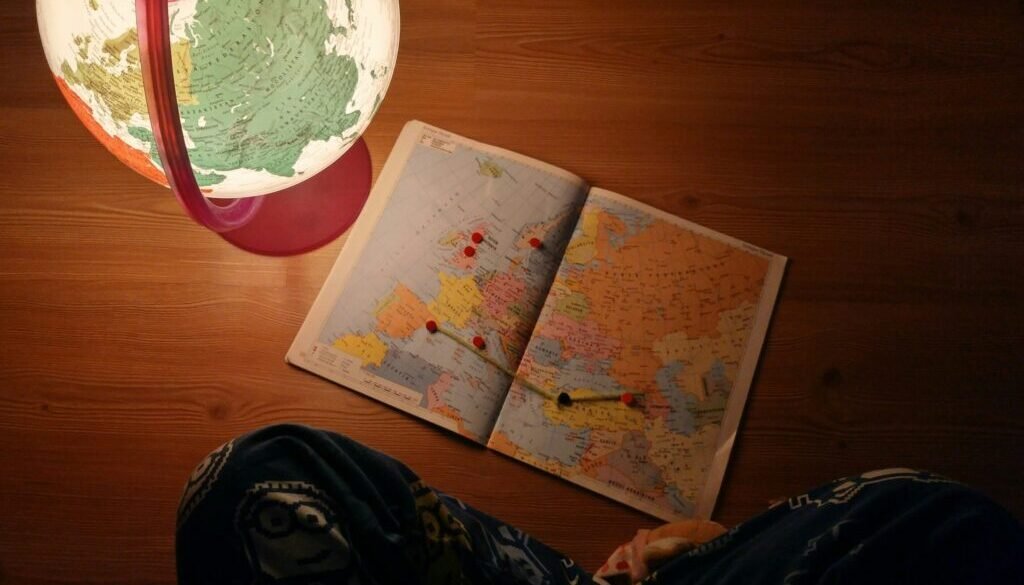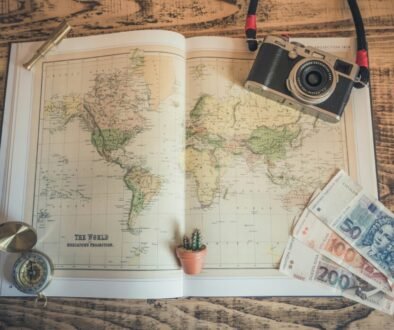Ultimate Guide to Budget Travel: Planning Your Trip
Hey fellow travelers! Ready to embark on an epic adventure without emptying your wallet? You’re in the right place. Today, we’re diving into the ultimate guide to budget travel planning. We all know travel can be expensive, but with some smart planning, you can explore the world without breaking the bank. Let’s get started!
1. Set a Realistic Budget
First things first, let’s talk money. It’s crucial to set a realistic budget before you start planning. Break it down into categories: transportation, accommodation, food, activities, and a little cushion for emergencies. A clear budget helps you make savvy decisions and keep track of your spending. Plus, it’s kind of fun to see how far you can stretch your dollars!
2. Choose Affordable Destinations
Not all destinations are created equal when it comes to cost. Some places will give you more bang for your buck. Think Southeast Asia, Eastern Europe, and parts of Central and South America. These regions are known for being budget-friendly while offering incredible experiences. Imagine sipping a coconut on a Thai beach or exploring ancient ruins in Peru – all without blowing your budget!
3. Travel During the Off-Season
Want to save a ton of cash? Travel during the off-season. Flights, accommodations, and even some attractions are often cheaper when demand is lower. Plus, you’ll avoid the crowds and have a more authentic experience. Imagine having a beautiful beach all to yourself – pure bliss!
4. Be Flexible with Your Travel Dates
Flexibility is key to finding great deals. Use fare comparison tools like Skyscanner or Google Flights to see when the cheapest travel dates are. Sometimes shifting your trip by just a few days can save you a heap of money. And who doesn’t love a spontaneous adventure?
5. Book in Advance
While last-minute deals can sometimes be found, booking flights and accommodations in advance typically ensures better prices. Aim to book flights at least three months ahead and accommodations a few weeks to a month before your trip.
6. Look for Flight Deals and Discounts
Use flight comparison websites and apps to find the best deals. Sign up for fare alerts and newsletters from airlines and travel deal websites. Being on the lookout for discounts can result in significant savings.
7. Opt for Budget Accommodation
Consider staying in hostels, guesthouses, or budget hotels. Websites like Hostelworld and Booking.com offer plenty of affordable options. If you prefer a more local experience, try Couchsurfing or Airbnb. Don’t forget to check for deals or discounts!
8. Use Public Transportation
Public transportation is usually the cheapest way to get around. Research the local transport options like buses, trains, and metro systems. In many cities, purchasing a daily or weekly pass can save you money.
9. Eat Like a Local
Dining out for every meal can quickly eat up your budget. Instead, explore local markets, street food, and grocery stores. Not only will you save money, but you’ll also get to experience authentic local cuisine. If you have access to a kitchen, consider cooking some of your meals.
10. Plan Free and Low-Cost Activities
There are plenty of free or low-cost activities to enjoy. Research free walking tours, museums with free entry days, local parks, and festivals. Hiking, beach days, and exploring city neighborhoods are fantastic ways to experience a destination without spending much.
11. Travel Insurance is a Must
Don’t skimp on travel insurance. It might seem like an extra expense, but it can save you from potential financial disasters. Look for budget-friendly options that cover essentials like medical emergencies, trip cancellations, and lost belongings.
12. Use Travel Rewards and Points
If you have travel rewards or points from credit cards, now’s the time to use them. They can significantly cut down your travel costs. Look into cards that offer sign-up bonuses, travel points, or cashback on travel-related purchases.
13. Keep Track of Your Spending
Use apps like Trail Wallet or simply keep a journal to track your spending. This helps you stay within your budget and adjust your plans if needed. It’s easy to lose track of expenses when you’re having fun, but staying on top of your spending ensures you won’t run out of money halfway through your trip.
14. Be Open to Opportunities
Sometimes, the best experiences are unplanned. Be open to spontaneous opportunities like meeting locals who can show you around or discovering hidden gems off the beaten path. Flexibility and openness can lead to unforgettable and often affordable experiences.
Final Thoughts
Budget travel doesn’t mean compromising on experiences. With careful planning and smart choices, you can explore the world, create lasting memories, and maybe even come back with some money left over. So, pack your bags, stick to your budget, and set off on your next adventure. Happy travels!
I hope you found this guide helpful! If you have any budget travel tips or stories, feel free to share them in the comments. Let’s inspire each other to explore the world affordably and responsibly.



